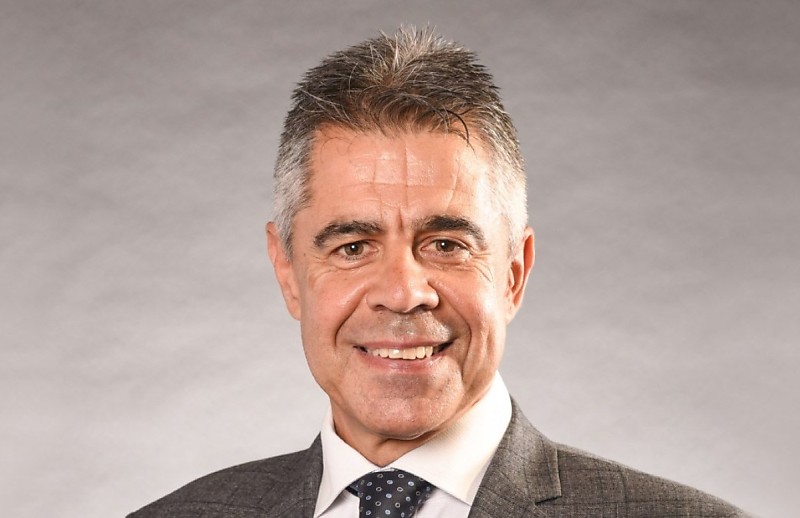The government’s plan to deny interest charge deductions could backfire and penalise thousands of small businesses trying to do the right thing, the SMSF Association has warned Treasury.
In rejecting the measure aimed at cracking down on non-compliant and late taxpayers, the SMSF Association said it “may in fact act as a deterrent”, discouraging them from voluntarily disclosing tax errors.
You’re out of free articles for this month
“We are concerned about the impact these proposed amendments will have and question the need for this measure,” chief executive Peter Burgess said in a recent submission.
“Denying deductions … will have significant and negative consequences on thousands of taxpayers already straining under cost-of-living pressures, including many small businesses struggling with cash flow and to meet their obligations,” he said.
The reforms, announced in the 2023–24 mid-year economic and fiscal outlook, would amend the Income Tax Assessment Act 1997 to scrap deductions for general interest charges (GIC) and shortfall interest charges (SIC) from July next year.
The GIC sits at 11.38 per cent and is imposed on unpaid tax liabilities. The SIC is currently 7.38 per cent and applies to tax shortfalls for amended assessments.
Treasury has argued the reforms would “level the playing field” for businesses that met their tax obligations.
Allowing taxpayers to deduct the charges was effectively granting businesses “free loans” to prop up their cash flow, it said in explanatory materials accompanying the draft amendments.
Forcing taxpayers to pay the charges would also reduce the $50 billion in collectable debt they owed to the ATO. Treasury expects the measure to raise $500 million a year.
“The amendments seek to reinforce the requirements imposed on all taxpayers to correctly self-assess their income tax liability, pay their tax on time, and assist in lowering the amount of collectable debt owed to the ATO,” it said.
But the SMSF Association said penalties for tax violations such as late lodgments and intentional wrongdoing were already non-deductible while the interest components historically qualified as legitimate business expenses.
It also disputed Treasury’s idea of taxpayers using “free loans” to gain an unfair advantage.
Instead, Burgess said the changes would affect taxpayers who proactively worked with the Tax Office who still incurred interest charges on outstanding balances even if they had payment plans in place.
While the ATO would also retain a discretion to waive interest charges in certain cases, he said these circumstances were “very limited” in practice.
“To deny the tax deductibility of these interest charges, given the circumstances is particularly harsh,” Burgess said. “The majority of taxpayers strive to do the right thing.”
Taxpayers might also be discouraged from amending assessments where they discovered errors.
“Denying the ability to claim a deduction will only be seen as a penalty being imposed for trying to do the right thing,” Burgess said.
“This will not encourage early and open conversations with the ATO where the taxpayer identifies an issue, rather, it will likely discourage it.”
“Taxpayers should be encouraged to continue to actively engage with the Commissioner, with the current policy settings retained to support the integrity of the tax system.”
Christine Chen
AUTHOR
Christine Chen is a journalist at Accountants Daily and Accounting Times, the leading sources of news, insight, and educational content for professionals in the accounting sector.
Previously, Christine has written for City Hub, the South Sydney Herald and Honi Soit. She has also produced online content for LegalVision and completed internships at EY and Deloitte.
Christine has a commerce degree from the University of Western Australia and a juris doctor degree from the University of Sydney.

 Login
Login







